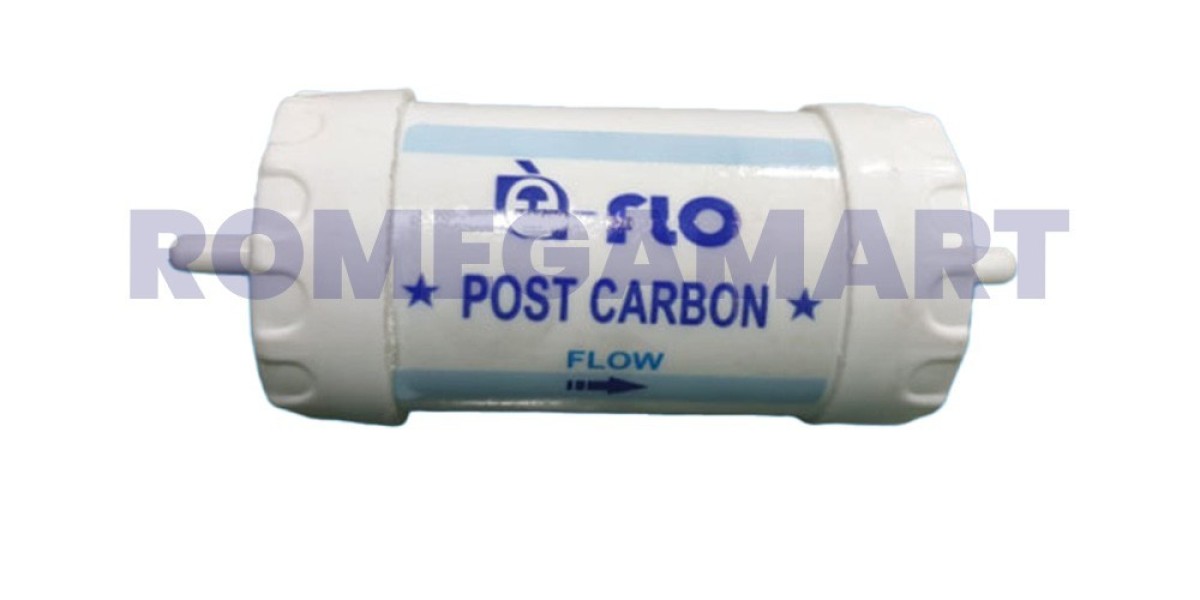improved air quality to safer drinking water, these systems offer a practical, eco-friendly, and cost-effective means of achieving a healthier living environment.
Advanced Carbon Filtration Solutions for Healthier Living
In an era where health and wellness are paramount, the importance of clean air and water cannot be overstated.
Advanced carbon filtration solutions have emerged as a frontrunner in providing healthier living environments. Carbon filtration utilizes activated carbon’s unique properties to effectively remove impurities from air and water, resulting in safer, cleaner, and healthier living spaces.
What is Activated Carbon?
Activated carbon is a form of carbon that has been treated to increase its surface area and porosity, making it extremely effective at adsorbing a wide range of contaminants. The process of activation typically involves heating carbon-rich materials, such as coconut shells, wood, or coal, in the presence of a gas. This process creates a network of tiny pores, giving activated carbon its impressive capacity to trap and hold impurities.
How Does Carbon Filtration Work?
The effectiveness of carbon filtration is rooted in its ability to adsorb molecules from gases and liquids. Unlike absorption, where substances are taken into the volume of a solid, adsorption involves the adherence of atoms, ions, or molecules to a surface. When water or air passes through activated carbon, impurities cling to the surface, effectively removing them from the water or air. This process can eliminate a wide range of contaminants, including:
Chlorine and Chloramines: Commonly used in municipal water treatment, these chemicals can impart unpleasant tastes and odors. Activated carbon effectively removes them, improving the water's overall flavor and quality.
Volatile Organic Compounds (VOCs): Present in many household products, such as paints, cleaning supplies, and personal care products, VOCs can adversely affect indoor air quality. Carbon filters capture these compounds, reducing health risks associated with long-term exposure.
Heavy Metals: Some advanced carbon filtration systems incorporate additional filtration technologies to reduce heavy metals, such as lead and mercury, ensuring safe drinking water.
Microorganisms: While activated carbon is not a primary method for killing bacteria and viruses, it can work alongside other filtration technologies, such as UV light or reverse osmosis, to enhance overall water purification.
Benefits of Carbon Filtration
Improved Air Quality: The use of activated carbon filters in air purifiers significantly enhances indoor air quality. By trapping pollutants, allergens, and odors, these filters create a healthier environment, especially for individuals with respiratory conditions, allergies, or sensitivities.
Safer Drinking Water: With the increasing awareness of water contamination, advanced carbon filtration systems for water purification provide an effective solution for ensuring clean and safe drinking water. They can be installed in homes to treat tap water or in point-of-use systems, such as under-sink or countertop filters.
Eco-Friendly Solution: Activated carbon is a natural and sustainable material. Many carbon filters are made from renewable resources, making them a more environmentally friendly choice compared to synthetic filtration media.
Cost-Effective: Investing in advanced carbon filtration systems can lead to long-term savings. By reducing the need for bottled water and chemical water treatments, homeowners can decrease their overall expenses while enjoying superior water quality.
Versatility: Carbon filters are versatile and can be used in various applications, from residential homes to commercial settings. They can be integrated into HVAC systems, water treatment facilities, and even automotive applications, making them an adaptable solution for many environments.
Types of Advanced Carbon Filtration Systems
Activated Carbon Filters: The most common type of carbon filtration, these systems come in various forms, including granular activated carbon (GAC), carbon block filters, and carbon fiber. Each has its unique benefits and applications, with carbon block filters often offering higher removal rates for contaminants due to their increased surface area.
Multistage Filtration Systems: Many advanced filtration solutions combine activated carbon with other technologies, such as sediment filters, UV disinfection, or reverse osmosis. This multistage approach ensures comprehensive removal of impurities and provides higher water quality.
Air Purifiers with Carbon Filters: These systems utilize activated carbon to trap airborne pollutants, including smoke, dust, pet dander, and odors. Many models feature HEPA filters in conjunction with carbon filters to remove particulate matter, providing a dual-action air cleaning solution.
Shower Filters: Carbon filters are also available for use in showerheads, reducing chlorine exposure while bathing. This can lead to healthier skin and hair, as well as a more pleasant showering experience.
Maintenance and Longevity
While
activated carbon filters are effective, they require regular maintenance to ensure optimal performance. Most carbon filters have a lifespan ranging from six months to two years, depending on the specific application and the level of contaminants present. Regular replacement is essential to prevent saturation, which can lead to reduced efficiency and the potential release of captured impurities back into the air or water.
Conclusion
Incorporating
advanced carbon filtration solutions into your home or workplace can significantly enhance your overall quality of life. From improved air quality to safer drinking water, these systems offer a practical, eco-friendly, and cost-effective means of achieving a healthier living environment. With the increasing concerns over pollution and contamination, investing in carbon filtration technology is not just a choice; it’s a commitment to health, well-being, and sustainability. As you consider options for air and water purification, look for systems that utilize advanced carbon filtration to ensure you’re making a choice that supports a healthier lifestyle for you and your family









